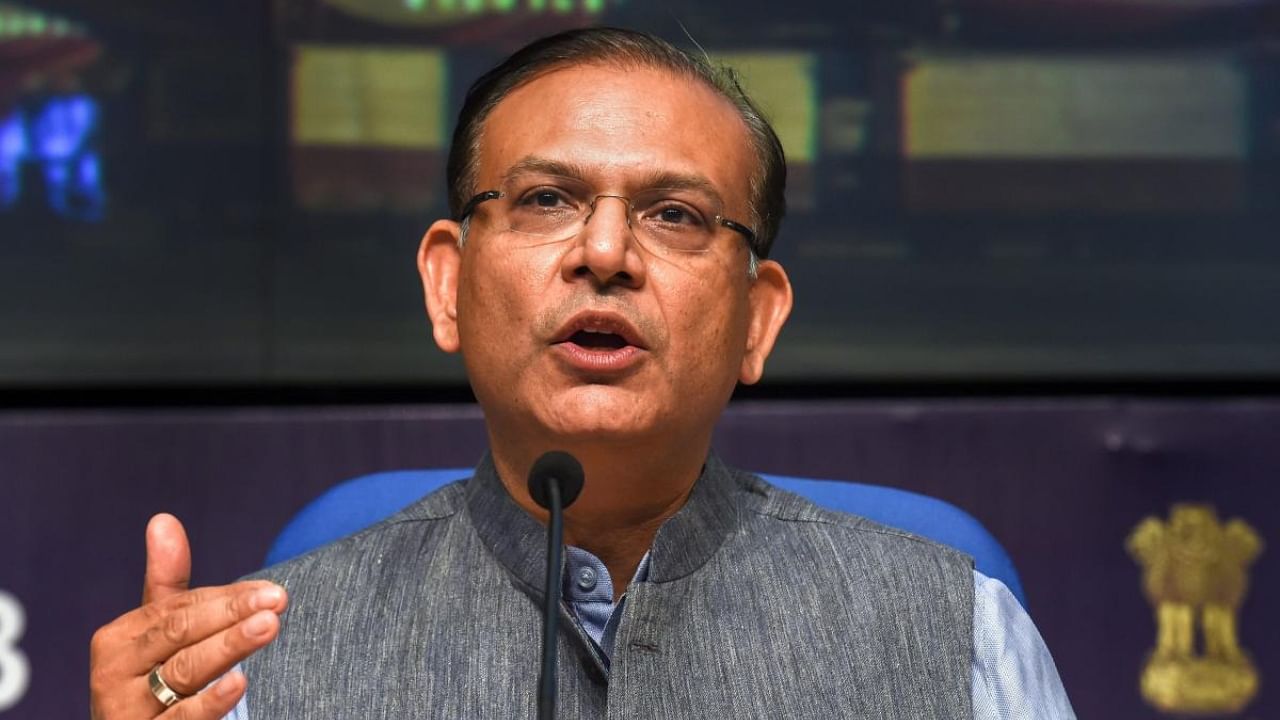
Ruling BJP lawmaker Jayant Sinha on Wednesday said the rate at which India is creating formal jobs is insufficient and there is a need to focus on opening up quality employment avenues for the people.
Speaking at a youth conclave organised by IMC Chamber of Commerce, Sinha said creating quality jobs is a major challenge for India at a time when technologies like artificial intelligence and machine learning are staring at us, which can be argued as "job diminishing" ones, the member of Parliament from Hazaribagh said.
"We... need to do a much better job of creating high quality employment for our young people... we have to be able to create high quality, formal jobs very very quickly and that rate is not sufficient right now," the former Union minister said.
Also read | My son will follow his 'Raj Dharma', I will follow my 'Rashtra Dharma': Yashwant on BJP MP Jayant Sinha
He said India has over a billion people in the working age of between 18-64 years at present, and over 200 million will be added to the workforce over the next decade, which makes it a significantly important task.
"When you ask people in rural India, in tier III, IV cities, they all want formal, high quality jobs. And we are not creating enough high quality jobs for them," he rued.
Sinha said the farm-to-factory model centred around industrailisation and urbanisation which has worked since the industrial revolution, and helped economies from the UK to China, will not work in the future and India will have to evolve its own growth model that will stress on sustainability.
India will have to make "rapid and transformational adjustments" not just on energy systems but the entire economy if we are to pursue the path of sustainable prosperity, Sinha said.
Massive amount of investments will be needed to bend the climate change curve fast enough in order to achieve the net zero commitment by 2070, he said, adding that the corporate sector will also have to participate in it.
At present, Sinha said the top-500 listed companies invest around USD 65-70 billion a year on sustainability efforts and the same will have to double "immediately", if we have to bend the curve and achieve net zero by 2070.